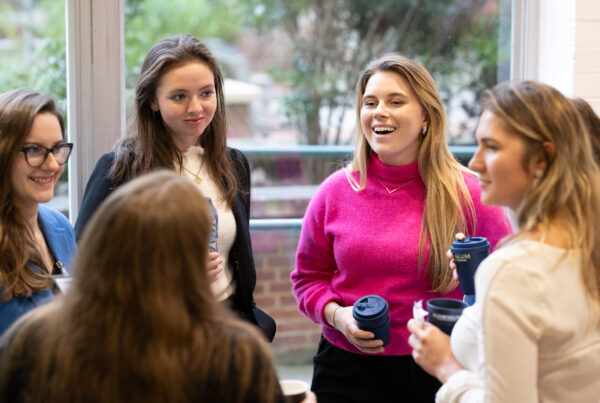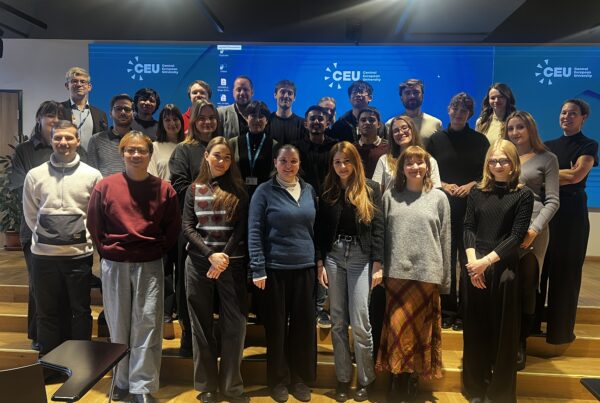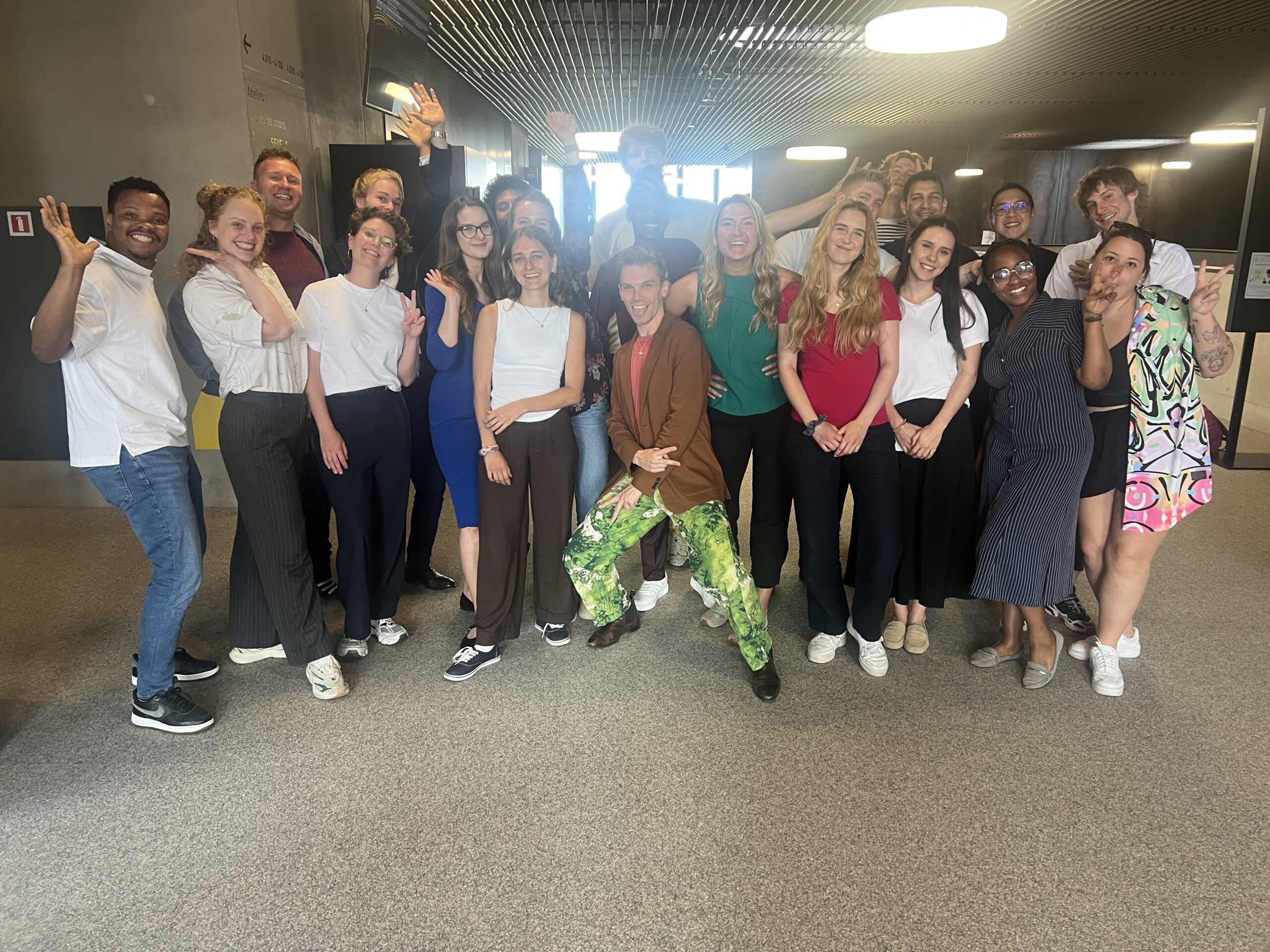
The Europaeum Summer School took place at the University of Luxembourg from 7–9 July 2025 with the theme AI and the Digital Future. As artificial intelligence continues to reshape technological, ethical, economic, and social landscapes, this event brought student together to explore fundamental questions about how AI will transform human society and what measures should be taken to ensure its development benefits us while minimising potential risks.
The event began with a technical introduction to AI and its impacts on security and safety. Prof. Nicolas Guelfi (University of Luxembourg) opened proceedings with an introduction to AI, followed by Prof. Giancarlo Guizzardi (University of Twente) discussing ontologies, AI and software engineering. The morning sessions continued with presentations on software engineering in FinTech and RegTech realms by Prof. Domenico Bianculli (University of Luxembourg) and by Dr Sallam Abualhaija (University of Luxembourg), who explored LLM-assisted elicitation of GDPR requirements. Later sessions that day addressed practical applications and research implications. Dr Andreas Braun (PwC Luxembourg) examined AI’s impact on job markets and Dr Margault Sacre (University of Luxembourg) presented on how to use AI for research.
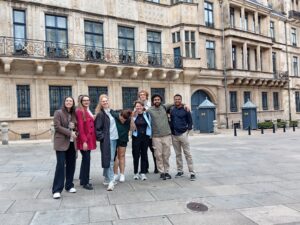
The second day focused on AI ethics, with Dr Kevin Baum from the German Research Centre for AI discussing fairness and bias in AI, and Dr Andrew Serazin from Reuben College, Oxford, addressing Generation AI and ethical challenges. Further sessions explored computational ethics (Dr Aleks Knoks, University of Luxembourg) and super-intelligence concerns (Prof. Thomas Raleigh, University of Luxembourg). Prof. Dr. Maximilian Kiener, a Europaeum Trustee from the Institute for Ethics in Technology in Hamburg, then led an interactive workshop with a real/fictional AI assistant.
The final day examined the AI landscape in law, beginning with Dr Marco Almada (University of Luxembourg), who explained the AI Act and its balance of innovation, regulation, and responsibility. Dr Mireia Artigot Golobardes (Universitat Pompeu Fabra) then explored AI, data protection, and discriminatory algorithms and Prof. Niovi Vavoula (University of Luxembourg) discussedcase studies of AI in biometrics, law enforcement, and migration. Prof. Mark D. Cole (University of Luxembourg) addressed social media regulation, and Dr Sue Anne Teo (University of Copenhagen) gave the final presentation, examining artificial intelligence and human rights.
Nine students also presented their work on a range of topics associated with the three strands.
The Europaeum is very grateful to the many individuals who contributed their expertise to the programme, especially the local host organisers at the University of Luxembourg: Anna-Lena Högenauer, Claudia Negri Ribalta, and Aikaterini Pantazatou. The event successfully brought together 27 student participants from across the Europaeum network, with 11 member universities represented.
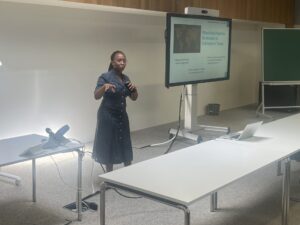
Student Casey Johnson (Oxford) writes:
I am grateful to have been invited to attend the 2025 Europaeum Summer School on AI and the Digital future. As someone with a medical sciences background, it was very insightful to hear about developments in AI from computer science, philosophy, and law disciplines. The talks have already got my brain spinning with new ideas and the information I’ve learned during the event will be extremely valuable for my PhD research on AI performance in the diagnosis of cardiac conditions. Perhaps most importantly, it was empowering to chat with all the other student attendees who had a wide range of backgrounds and interests. We had numerous thought-provoking discussions while sharing our knowledge and had several laughs as well! Thank you to the Europeaum team for putting on this new summer school programme on a very relevant and advancing field.
Student Janina Hummel (Luxembourg) writes:
For me, the Europaeum ‘Summer School on AI’ at my university in Luxembourg enabled us to learn more about AI technologies in various sectors. Beyond that, the lectures provided insights into the ethnic perspective of AI usage and interesting forecasts for further development of AI systems. Through the exchange with the other participants, we could profit from the multi-disciplinary perspectives that each one of us presented during the Summer School. I would like to thank the organisers for compiling the high-ranked speakers, who presented their research findings and shared their perspectives on AI. The three-day Summer School on AI made clear to me that everyone can work on the further progression of AI systems.

